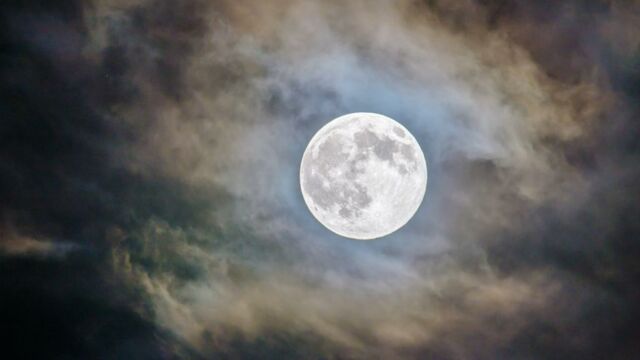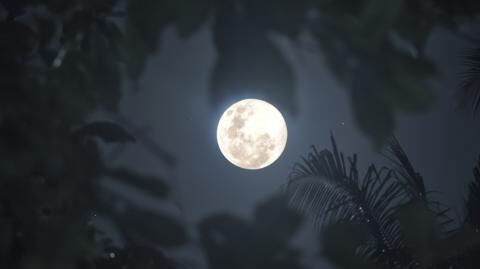The moon that orbits the planet we inhabit has many effects on several of our terrestrial elements. And to add to the list, researchers are now saying that it might even have an impact on the quality of our sleep. If you periodically have trouble hitting the sack without tossing and turning endlessly then it might very well be due to the moon's cyclical change.
Discover our latest podcast
A study conducted by scientists from the University of Washington, Yale and the National University of Quilmes in Argentina, have concluded that the days leading up to a full moon, make it harder for people to fall asleep earlier and, generally, sleep fewer hours.
How was the research carried out?
Researchers equipped 98 study samples, living in three Toba-Qom indigenous communities in the province of Formosa, Argentina, with wrist monitors to track their sleep patterns. The study looked into how each community's different amount of access to electricity influenced the way they slept at night with one rural area having no access at all, another having limited access while an urban community had full access to it.
The study was then compared with another one in which 464 Seattle-area college students' access to electricity was observed in relation to their sleep patterns.
What was the conclusion by experts?
Professor Horacio de la Iglesia discovered that:
We see a clear lunar modulation of sleep, with sleep decreasing and a later onset of sleep in the days preceding a full moon. And although the effect is more robust in communities without access to electricity, the effect is present in communities with electricity, including undergraduates at the University of Washington.
While Dr. Leandro Casiraghi explained that the phenomenon is largely due to human evolutionary theory:
We hypothesise that the patterns we observed are an innate adaptation that allowed our ancestors to take advantage of this natural source of evening light that occurred at a specific time during the lunar cycle. At certain times of the month, the moon is a significant source of light in the evenings, and that would have been clearly evident to our ancestors thousands of years ago.















